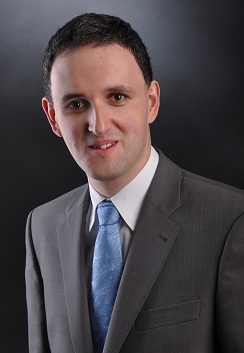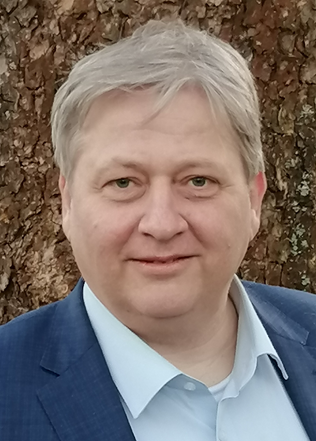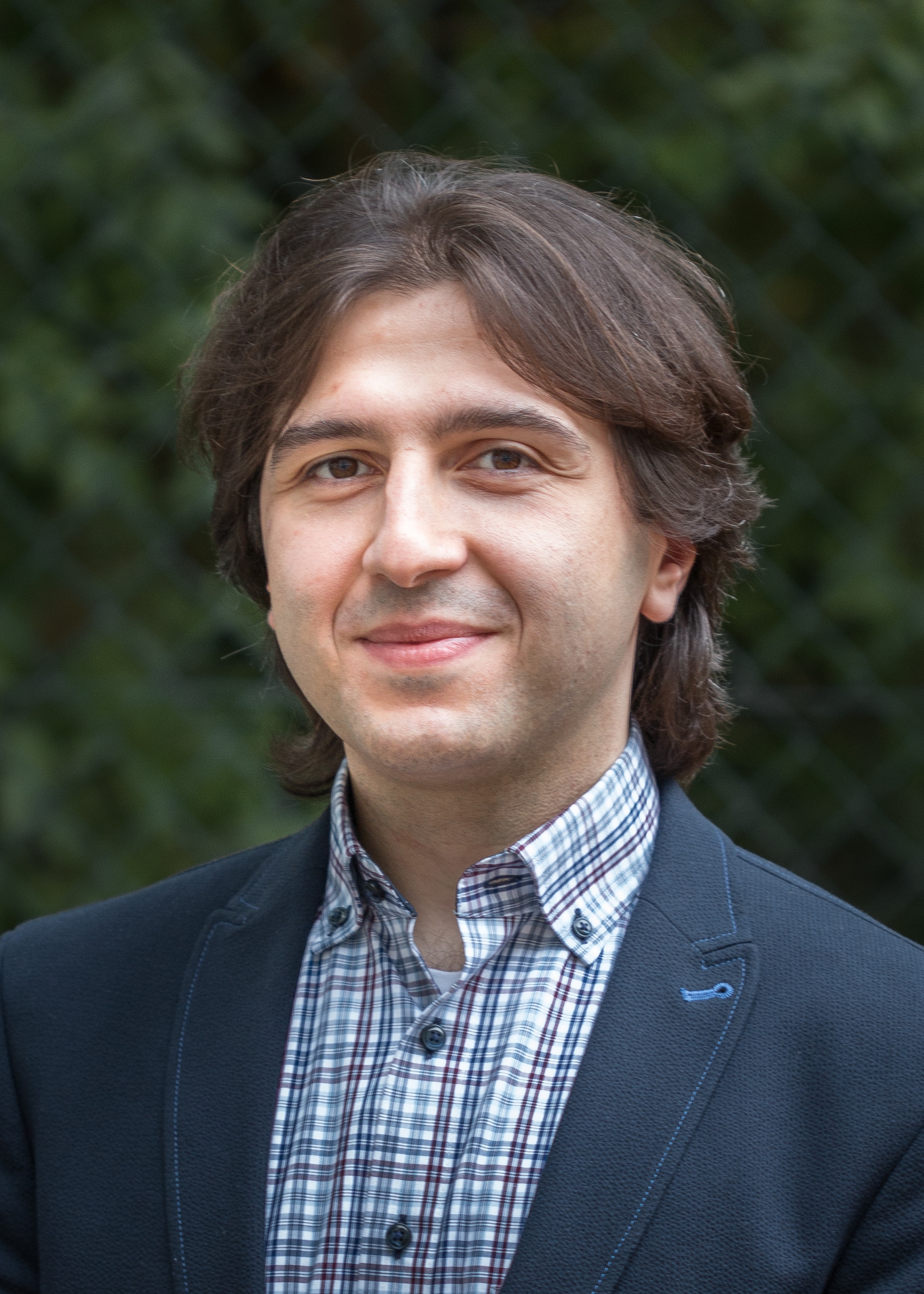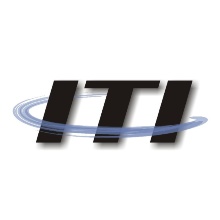Things to know about ITI
ITI‘s five departments cover the whole breadth of Computer Engineering. Its special competencies are in the following areas: Secure and Reliable Circuits and Systems; Design Methodology and Design Automation; Novel Circuit and System Architectures; Hardware-software Co-design; Machine Learning for Computer-Aided Design and Emerging Nanotechnologies for Beyond CMOS. The Institute is open to cooperation with the industry and with other scientists.
Hardware Oriented Computer Science (HOCOS),
Prof. Dr. rer. nat. habil. Ilia Polian
 The Chair of Hardware-oriented Computer Science develops circuit and system architectures based on traditional and on emerging principles, including neuromorphic, stochastic and approximate architectures. Our second area is the systematic design methodology and design automation, with a strong focus on security and reliability. The Chair covers the mentioned topics in research and in teaching. Our members are present in the top conferences of these areas, and we are collaborating with outstanding international scientists. With regard to teaching, we are offering introductory courses in the Bachelor program Computer Science, several advanced lectures in different Master programs, seminars and practical lab courses. We are looking forward to cooperation with partners from industry, academia and other public organizations; please contact us if interested! We are also offering interesting Master and Bachelor thesis topics, projects and research- and teaching-assistance opportunities.
The Chair of Hardware-oriented Computer Science develops circuit and system architectures based on traditional and on emerging principles, including neuromorphic, stochastic and approximate architectures. Our second area is the systematic design methodology and design automation, with a strong focus on security and reliability. The Chair covers the mentioned topics in research and in teaching. Our members are present in the top conferences of these areas, and we are collaborating with outstanding international scientists. With regard to teaching, we are offering introductory courses in the Bachelor program Computer Science, several advanced lectures in different Master programs, seminars and practical lab courses. We are looking forward to cooperation with partners from industry, academia and other public organizations; please contact us if interested! We are also offering interesting Master and Bachelor thesis topics, projects and research- and teaching-assistance opportunities.
Chair of Hardware Oriented Computer Science: HOCOS
Computational Imaging Systems (CIS),
Prof. Dr.-Ing. Sven Simon
 The Department of Computational Imaging Systems is focused on 3D imaging and image processing, 3D computed tomography and imaging sensor technology. The algorithms of these topics are implemented in parallel in software using OpenCL for GPUs and for multi-core CPUs.In the area of imaging sensing, hardware architectures using the modeling language VHDL for FPGAs are developed and investigated.The area of algorithms for computational imaging is highly data-intensive, especially in 3D, and requires data science methods such as deep neural networks (deep learning), novel compression techniques, and intelligent methods of image processing including hardware acceleration using GPUs or FPGAs.In the field of computed tomography, algorithms for improved 3D imaging and 3D image processing as well as their application in the natural sciences (e.g. physics) and engineering sciences (mechanical engineering, civil engineering, electrical engineering) are of particular interest. One example is the non-contact and non-destructive extraction of electromagnetic simulation models from 3D computed tomography data of inaccessible structures in the packaging of electronic systems (examples: IC packages, 3D integration).If you are interested, we will be happy to discuss the possibilities of 3D imaging and will use our in-house computed tomography system for your modeling needs (email: info@cis.iti.uni-stuttgart.de).
The Department of Computational Imaging Systems is focused on 3D imaging and image processing, 3D computed tomography and imaging sensor technology. The algorithms of these topics are implemented in parallel in software using OpenCL for GPUs and for multi-core CPUs.In the area of imaging sensing, hardware architectures using the modeling language VHDL for FPGAs are developed and investigated.The area of algorithms for computational imaging is highly data-intensive, especially in 3D, and requires data science methods such as deep neural networks (deep learning), novel compression techniques, and intelligent methods of image processing including hardware acceleration using GPUs or FPGAs.In the field of computed tomography, algorithms for improved 3D imaging and 3D image processing as well as their application in the natural sciences (e.g. physics) and engineering sciences (mechanical engineering, civil engineering, electrical engineering) are of particular interest. One example is the non-contact and non-destructive extraction of electromagnetic simulation models from 3D computed tomography data of inaccessible structures in the packaging of electronic systems (examples: IC packages, 3D integration).If you are interested, we will be happy to discuss the possibilities of 3D imaging and will use our in-house computed tomography system for your modeling needs (email: info@cis.iti.uni-stuttgart.de).
For students we offer interesting bachelor, master as well as research work including specialized studies, StuPros or student assistant jobs (HIWI, email: stud@cis.iti.uni-stuttgart.de).If you simply want to analyze an object of your choice with a 3D volume data model or generate an enlarged copy by 3D printing, we are able to generate such a model with our computer tomography.Just contact us for this purpose.Furthermore, we are happy to support startups (e.g.mentoring for students and graduates in the Exist funding programs) in our areas of expertise, such as the now very successful, internationally active company Synapticon.
Chair of Computational Imaging Systems: CIS
Embedded Systems (ES),
Prof. Dr.-Ing. Martin Radetzki
The Chair of Embedded Systems is concerned with architectures and design methods for hardware/software systems in technical applications. It pursues research in modelling and simulation of such systems as well as system optimization considering tradeoffs between cost, performance, energy and robustness.
Chair of Embedded Systems: ES
Semiconductor Test and Reliability (STAR) Prof. Dr.-Ing. Hussam Amrouch
 The Chair of Semiconductor Test and Reliability is devoted to research in Machine Learning for Computer-Aided Design (MLCAD) with a primarily focus on design for reliability and design for testing in cutting-edge nanotechnologies. Our work covers both advanced sub-10nm technologies such as nanowires and nanosheets transistors as well as emerging technologies such as negative capacitance transistors and ferroelectric transistors for future ultra-low power circuits and memories. In addition, we develop different novel techniques to increase the reliability and efficiency of neural processing units, which are essential for all applications of artificial intelligence.
The Chair of Semiconductor Test and Reliability is devoted to research in Machine Learning for Computer-Aided Design (MLCAD) with a primarily focus on design for reliability and design for testing in cutting-edge nanotechnologies. Our work covers both advanced sub-10nm technologies such as nanowires and nanosheets transistors as well as emerging technologies such as negative capacitance transistors and ferroelectric transistors for future ultra-low power circuits and memories. In addition, we develop different novel techniques to increase the reliability and efficiency of neural processing units, which are essential for all applications of artificial intelligence.
We are in close collaboration with several leading industry and universities worldwide. Our research efforts are spread across the entire computing stack starting from semiconductor device physics to digital/analog circuit design all the way up to system-level management with the key goal of investigating how machine learning methods can be employed to reshape the future of System-on-Chip (SoC) design.
For students from both Electrical Engineer and Computer Science, we offer several exciting Master and Bachelor thesis topics as well as a wide range of opportunities for research- and teaching-assistance. If you are curious and interested in how future computing looks like and which new challenges the upcoming technologies bring, please contact us.
Chair of Semiconductor Test and Reliability STAR
Computer Architecture (CA),
Prof. Dr. rer. nat. habil. Hans-Joachim Wunderlich (retired)
 Research efforts within the Research Group of Computer Architecture pay special attention to topics related to test, reliability and fault tolerance of digital systems as well as innovative architectures for approximative and heterogeneous computing. A part of our work is done in cooperation with various partners coming both from national and international universities and from industry. Master theses address current research of the group, possibly also at the partners' sites.
Research efforts within the Research Group of Computer Architecture pay special attention to topics related to test, reliability and fault tolerance of digital systems as well as innovative architectures for approximative and heterogeneous computing. A part of our work is done in cooperation with various partners coming both from national and international universities and from industry. Master theses address current research of the group, possibly also at the partners' sites.
Research Group of Computer Architecture: CA
News
Contact

Ilia Polian
Prof. Dr. rer. nat. habil.Head of Institute and Chair of Hardware Oriented Computer Science



